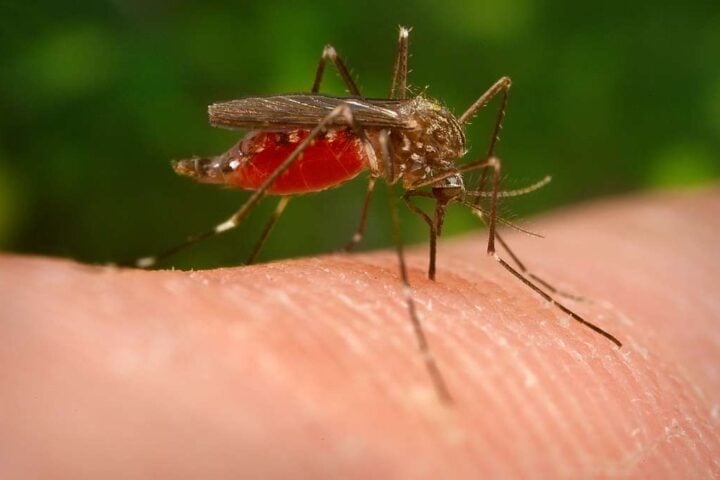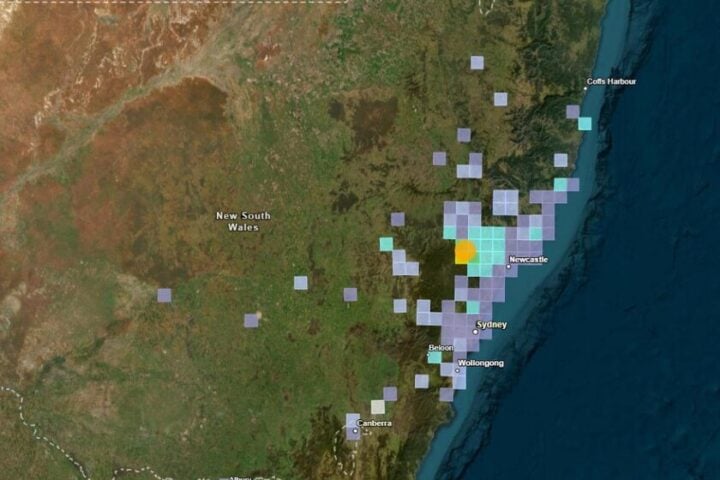Several wildfires burning across Canada are still active, particularly in Ontario and Quebec. The smoke from these fires is drifting into the Midwest, including Michigan, leading to hazy skies and poor air quality in the region. The National Weather Service in Grand Rapids has reported extensive smoke across much of Ontario, which is likely the primary source of the smoke in Michigan.
The smoke has been impacting air quality in Michigan throughout June, with some areas experiencing levels considered unhealthy to breathe. Detroit, in particular, had poor air quality earlier this month, ranking 10th worst worldwide. An air quality alert was issued in Detroit recently due to the smoke.
Experts from the University of Michigan have asked everyone to take precautions to protect their health during such conditions. Avoiding spending too much time outdoors is recommended. Especially vulnerable groups such as young children, the elderly, pregnant women, and individuals with heart or lung disease should strictly avoid it. It is advised to keep windows closed and use air purifiers indoors. Air conditioning can help maintain clean indoor air. For those who need to spend time outdoors, wearing an N95 respirator can reduce exposure to harmful particles.
Similar Post
In terms of weather conditions, there is a risk of scattered thunderstorms across parts of Northern Michigan and the Upper Peninsula through Sunday afternoon. Thunderstorms are also expected northwest of the Greater Toronto Area during the Pride Parade, but a squall line may develop over Michigan later in the day and move toward southwestern Ontario, potentially reaching severe limits with damaging winds and heavy rainfall.
Looking ahead, southern Ontario is expected to continue experiencing a humid pattern with the possibility of showers and thunderstorms into next week. The latter half of the week may see a trend toward drier weather for much of southern Ontario, although eastern Ontario might not see much improvement. The long holiday weekend could also bring bouts of unsettled weather and the risk of downpours.
The combination of climate change and land and forest management practices that increase flammability has made wildfires and their associated smoke a global crisis. Smoke from wildfires now poses a major health threat to both health-compromised and healthy populations, far from the origin of the fires.
The mentioned experts from the University of Michigan, including Stuart Batterman, Sara Adar, Paige Fischer, Mark Flanner, Richard Rood, Francisca Santana, and MeiLan Han, are available to provide insights on various aspects related to air quality, wildfire smoke, climate change, and health impacts.


















